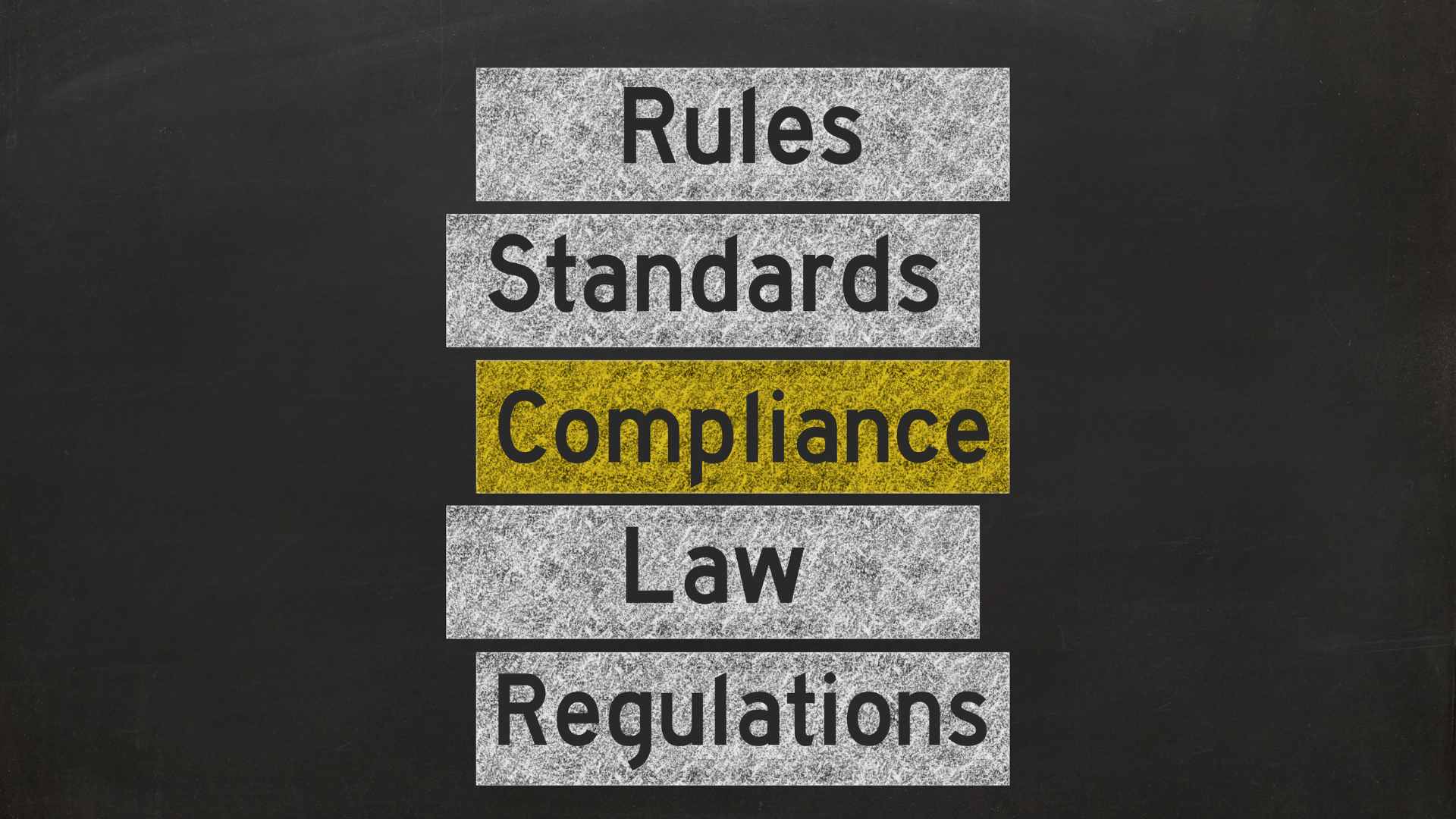VIEW BY TOPIC
- Finding Customers
- Business Systems
- Managing Employees
- Leadership
- Managing Money
Related Posts

Ready to Grow Your Business Fast?
Here’s How I Grew Five Businesses, and Eventually Sold One to a Fortune 500 Company.

Maintaining company culture is essential for any business, but it can be a challenge when employees are working remotely. There are a few key things you can do to make sure your company culture thrives, even when everyone is not in the same physical space. Here are 12 best practices for maintaining company culture remotely.
Offer training and development opportunities
One way to make sure employees feel valued is to offer training and development opportunities. This could be anything from webinars to in-person workshops to mentoring and digital coaching through platforms.
The goal is to provide employees with the opportunity to learn new things, grow their skills, and advance in their careers. When people feel like they’re constantly learning and growing, they’re more likely to be happy and engaged with their work.
Encourage employees to take advantage of company-sponsored perks

One way to make sure employees feel like they’re part of the company culture is to encourage them to take advantage of company-sponsored perks. This could be anything from discounts on gym memberships to free tickets to events to health and life coaches.
An important part of any company’s culture is whether or not they do little extras for people. Employees should feel like they’re being taken care of and that their company values them.
Keep communication channels open
This is critical for maintaining any kind of relationship, whether it’s personal or professional. Make sure you have regular check-ins with your team, and encourage everyone to stay in touch with one another.
Open communication is important regardless of where people are working, but it is of the utmost importance when you have remote employees because it is so easy for people to feel isolated when they’re not in the office.
It’s also easy for people to feel like no one sees what they do or cares what they think about the work when they’re not face-to-face with their colleagues. So, it’s important to make an effort to keep everyone in the loop and to hear what everyone has to say.
Define and reinforce company values
Company values should be more than just words on a wall. They should guide everything that your company does, including how you treat your employees and customers.
Make sure everyone on your team knows what the company values are and that they’re being practiced throughout the organization, even when people are working remotely. This includes things like being respectful and supportive of one another, being honest and transparent in all communications, and maintaining a high level of integrity in everything you do.
It’s important for this sort of reinforcement to be a top-down thing–i.e., it starts with company leadership. If senior leaders model the desired behavior, it will be easier for everyone else to follow suit.
Encourage social interaction
Just because people are working remotely doesn’t mean they can’t interact with one another on a personal level. In fact, it’s important to encourage social interaction among employees, even if it’s just virtually.
There are a number of ways to do this, including setting up virtual happy hours or coffee breaks, starting an online book club, or having people share photos and stories about their pets or kids.
The key is to find ways for people to connect with one another on a personal level so they feel like they’re part of a community, not just a group of people who happen to work for the same company.
Make sure everyone feels included
When you have remote employees, it’s easy for them to feel like they’re on the outside looking in. It’s important to make sure everyone feels included in company culture, even if they’re not in the office.
One way to do this is to have regular virtual team-building activities. This can be anything from online scavenger hunts to virtual trivia nights. The goal is to find ways for everyone to interact and bond with one another, even if they’re not physically in the same space.
Another way to make sure everyone feels included is to create an online space where people can share photos, stories, and articles about things they’re interested in. This can be something as simple as a Slack channel or a shared Google Drive folder. The important thing is that everyone feels like they have a place where they belong and that their interests are represented.
Strive to organize in-person meetups

if you are able to bring people together in real life–a party, a weekend, etc.–make sure to do so. Even if it’s only once in a while, it can make a big difference in how connected people feel to one another and to the company as a whole.
It’s really easy for culture to dissipate over time when people don’t get to meet and interact with one another person-to-person. Behind a screen, it’s easy for miscommunications to happen and for people to start to feel like they’re not part of a team. In-person meetups can help prevent that from happening.
Encourage participation in company-wide initiatives
One way to make sure everyone feels like they’re part of the company culture is to encourage engagement and participation in company-wide initiatives. This could be anything from starting a fitness challenge to organizing a food drive.
The important thing is that everyone has a chance to get involved and to feel like they’re contributing to something bigger than themselves. This sense of community and belonging is an important part of company culture.
Promote a work-life balance with company culture
When people are working remotely, it can be easy for them to feel like they’re always working. It’s important to promote a healthy work-life balance for all employees, even if they’re not in the office.
There are a number of ways to do this, including setting clear boundaries between work and personal time, encouraging people to take breaks during the day, and offering flexible hours or working-from-home days.
The goal is to make sure people feel like they have a life outside of work and that their job isn’t taking over their entire existence. A healthy work-life balance is an important part of company culture.
Be transparent about company decisions
When it comes to company culture, transparency is key. Employees should feel like they understand why certain decisions are being made and that they’re being kept in the loop about what’s going on.
This doesn’t mean that every single decision needs to be made public, but there should be a general understanding of why things are being done and how they will affect employees.
Celebrate successes, both big and small
It’s important to celebrate successes, both big and small. This could be anything from sending out a congratulatory email for a job well done to hosting an office-wide party for a major milestone.
When employees feel like their hard work is being recognized, they’re more likely to be motivated and engaged. This sense of appreciation is an important part of company culture.
Seek feedback from employees about company culture remotely
One of the best ways to ensure that company culture is healthy is to seek feedback from employees about it. This could be done through surveys, one-on-one meetings, or focus groups.
It’s important to get a pulse on how employees are feeling and what they think about the company culture. This feedback can then be used to make changes and improve the culture.
Conclusion on Maintaining Company Culture Remotely
These are just a few of the best practices for maintaining company culture remotely. By following these tips, you can make sure that your employees feel connected to the company, even if they’re not in the office.













